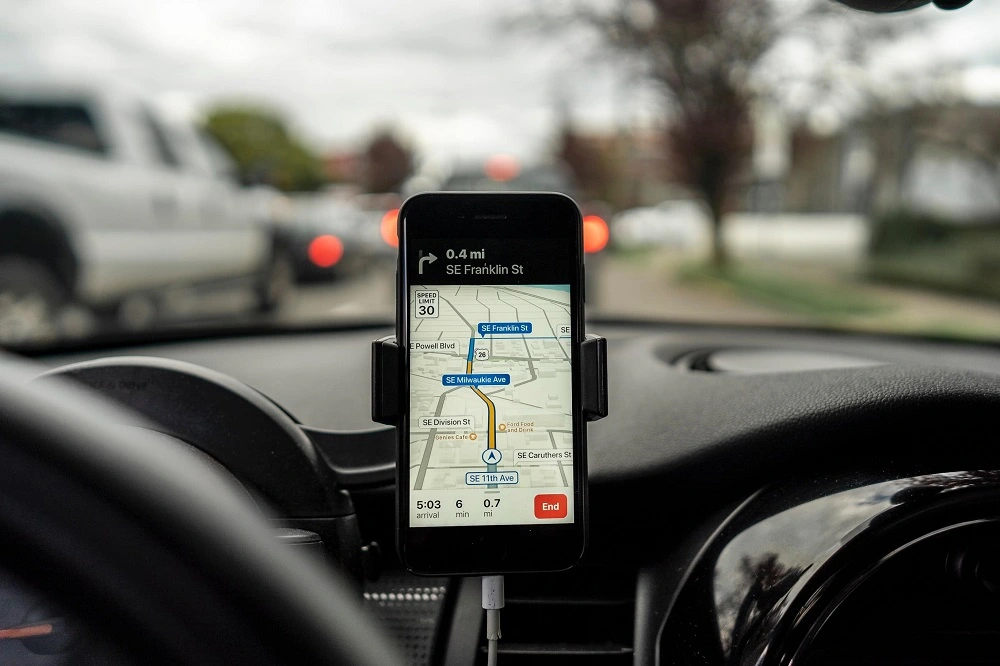



A Global Navigation Satellite System, or GNSS is a name given to multiple satellite-based positioning, navigation, and timing(PNT) systems throughout the world. The Global Positioning System(GPS) is one such system.
The Global Positioning System (GPS) is a constellation of 31 satellites developed and operated by the United States for use in satellite navigation.
Interesting: How many satellites are there in space?
GPS system has 3 parts;
When you try to find your location via the GPS, your GPS receiver starts measuring the time it takes for a signal to arrive between you and the satellites.
And the system needs 4 satellites at least.
The ground station provides you a correction data to determine a precise location in the world.
Naval Research Laboratory’s space applications branch developed several engineering applications and technologies that led to GPS.

The team behind the GPS
April 30, 1921 – May 8, 2014 was an American physicist and state representative.
(January 18, 1912 – October 11, 2003) was an American physicist and electrical engineer,
February 16, 1935) is an American engineer and inventor, retired United States Air Force Colonel and Emeritus Professor at Stanford University.
The GPS project was started by the U.S. Department of Defense in 1973.

As we mentioned before that, it’s all about measuring the time correctly between you and the satellites. All GPS receivers, in your phone or on your cat or dog just does it.
Signals. Each GPS satellite transmits data on two frequencies, L1 (1575.42 Mhz) and L2 (1227.60 MHz). The atomic clocks aboard the satellite produces the fundamental L-band frequency, 10.23 Mhz.